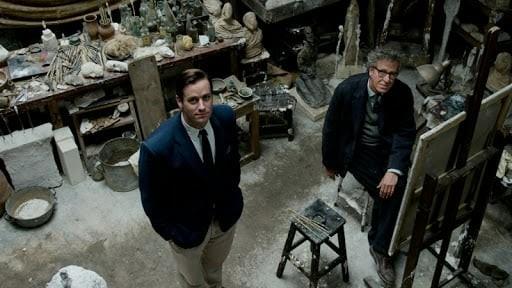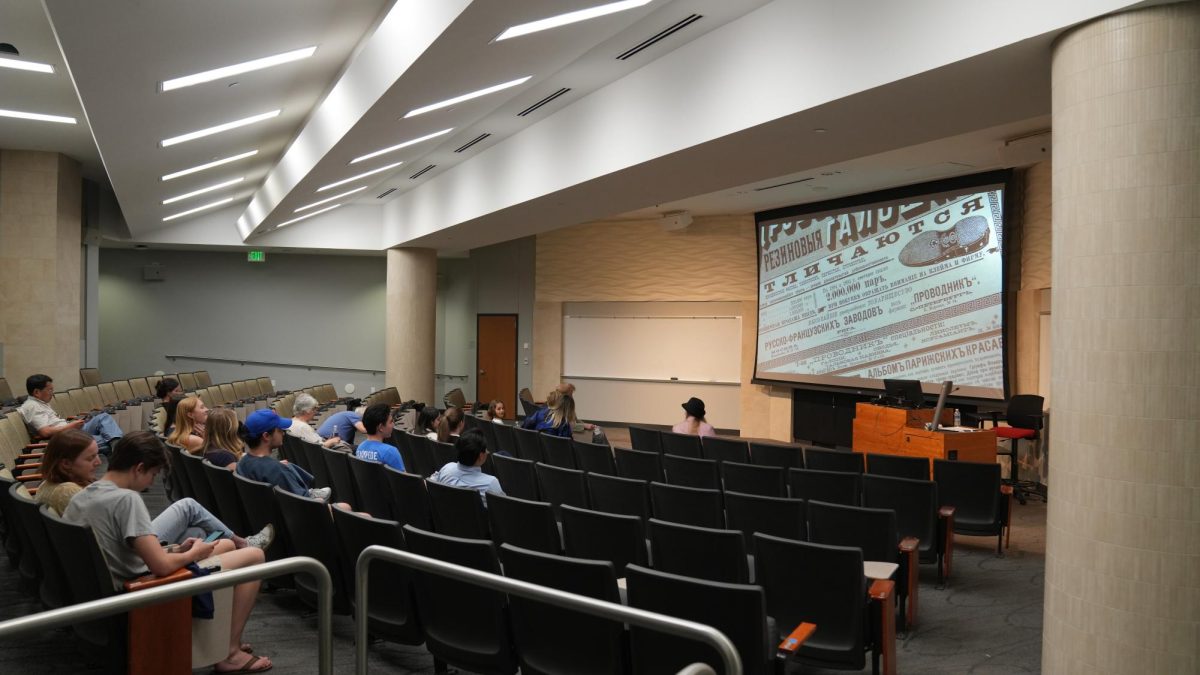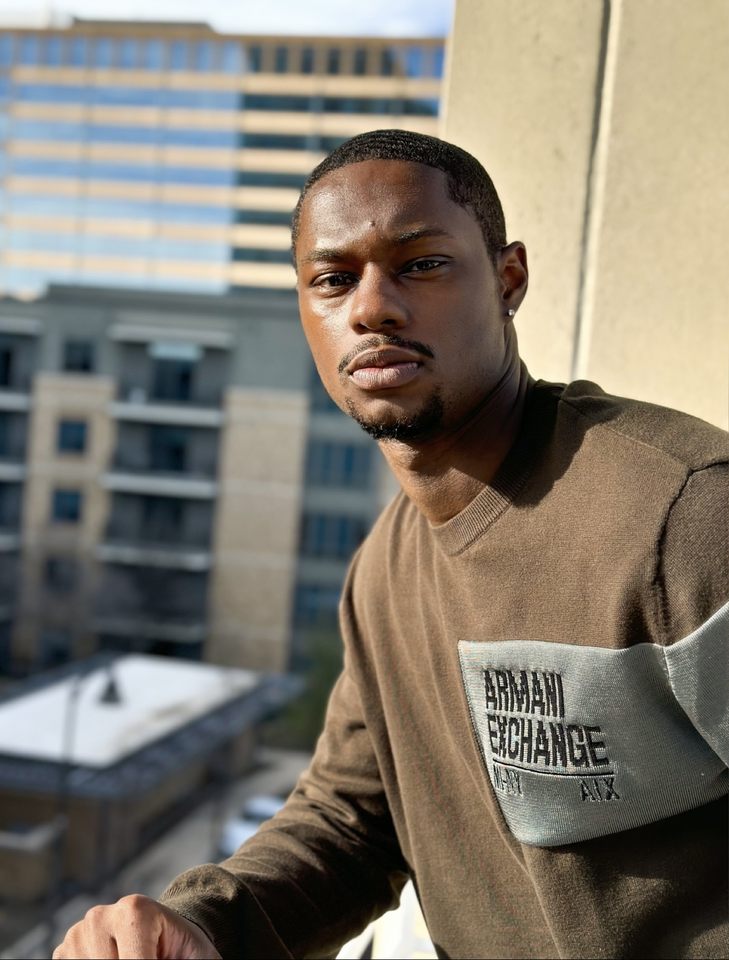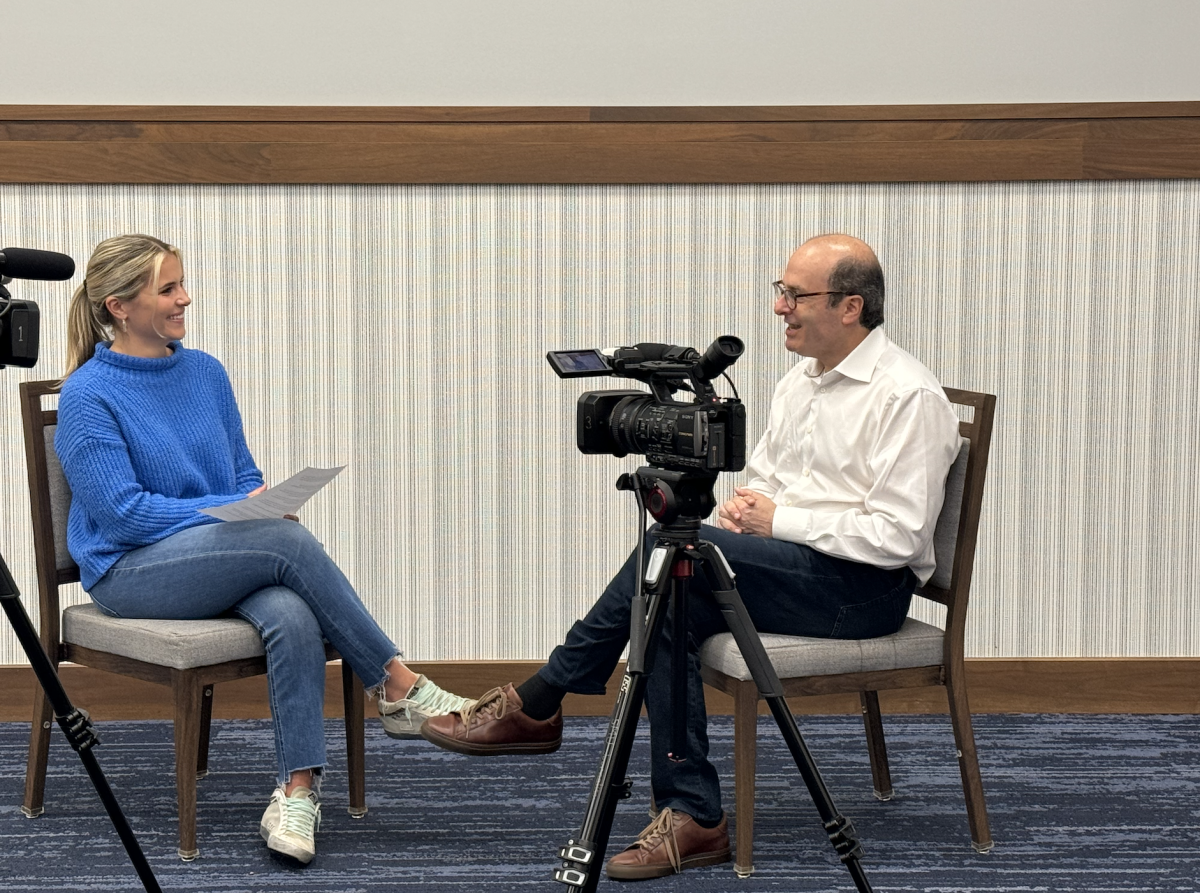by Ellen Case
Swiss artist Alberto Giacometti went slow and steady with his work. In his movie Final Portrait, Stanley Tucci takes a similar road with his story on the artist, focusing on the backdrop of a specific painting. The movie is a portrait itself, painted with as much passion and impatience as the story it tells.
“Final Portrait” tells the story of Giacometti (Geoffrey Rush) and his subject for the picture, James Lord (Armie Hammer). The original plan was for Lord, an American abroad, to sit and head back to America. However, Giacometti takes over 18 sittings to finish the portrait.
During the creation of the painting, Lord watches Giacometti fret over his talent and his work. Lord also sees how Giacometti’s relationship with his wife and a prostitute affects his life and art. Giacometti worries his work is not good enough and constantly doubts the painting, even starting over multiple times, leaving Lord to reschedule his flights home.
Tucci, in one of his rare forays into the director’s chair, crafts the story masterfully. The film is a short account but never lacks in story. Set against the backdrop of Paris, Tucci injects soft Parisian music into the background. The cinematography is a bold and intriguing choice. Tucci’s use of a shaky handheld camera helps heighten the uncomfortable feeling. The audience gets to study Lord just as Giacometti does, as the camera pans often over Hammer’s face.
While the story draws attention, the pacing is unstable with some slow scenes. The ending, however, is quick and makes it feel like some parts of the story were missed.
“Portrait” has an interesting tale that brings attention to the pain and the worries of the creation of art, but the film is almost completely driven by the talent of the actors. Rush embodies Giacometti’s distracted and eccentric personality and tackles with perfection, his troubles and the obsessions.
French actress Clemence Poesy steals every scene she is in as Giacometti’s prostitute muse while Hammer plays Lord’s dying patience with subtlety. The true star is the artist’s wife (Sylvie Testud), who watches as he dotes on his muse while ignoring his spouse.
While “Final Portrait” is a film that fully embraces the world of art with a graceful story, it is the work from the actors that truly brings the story.









